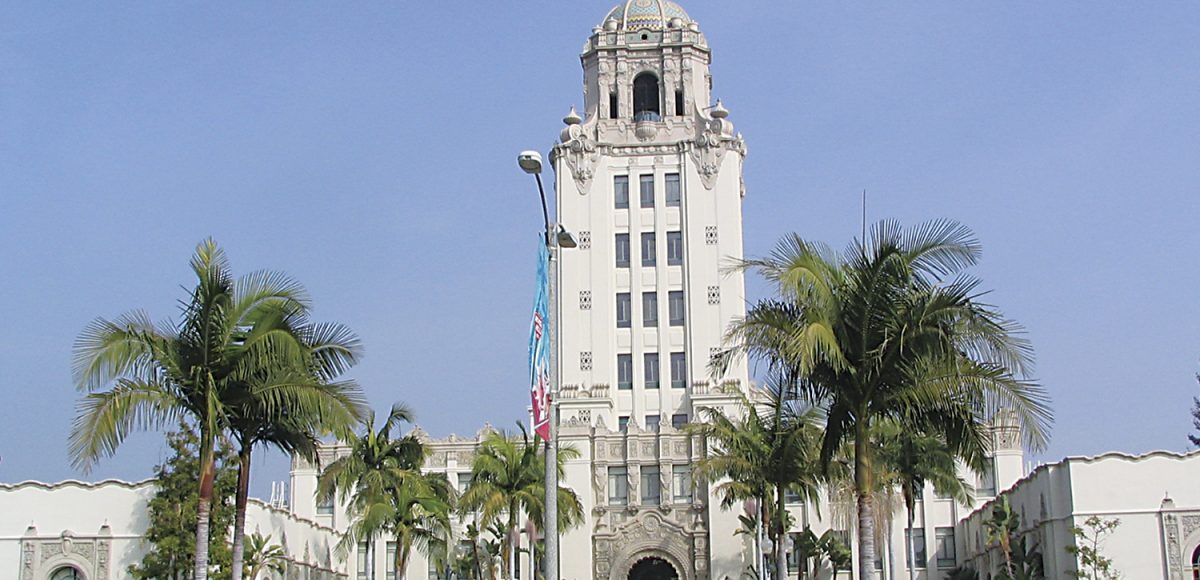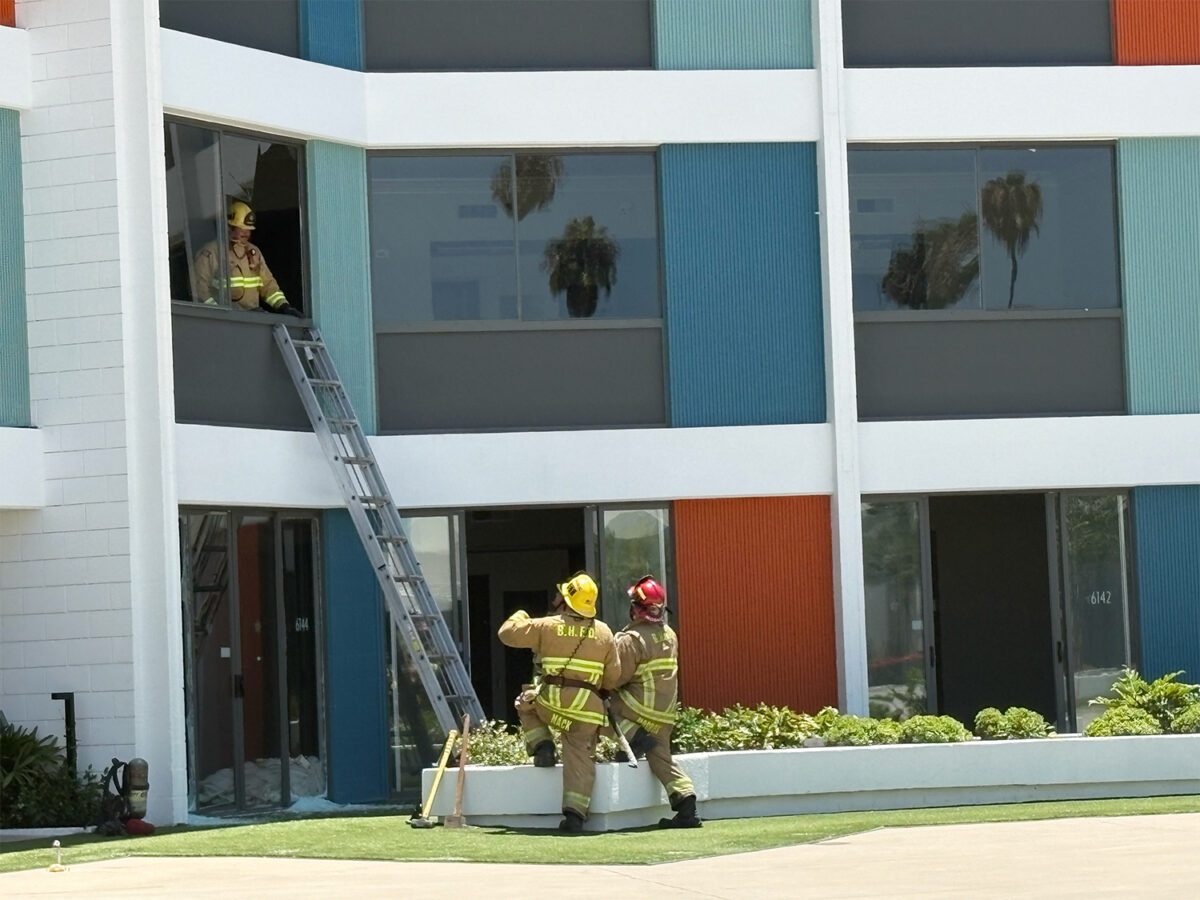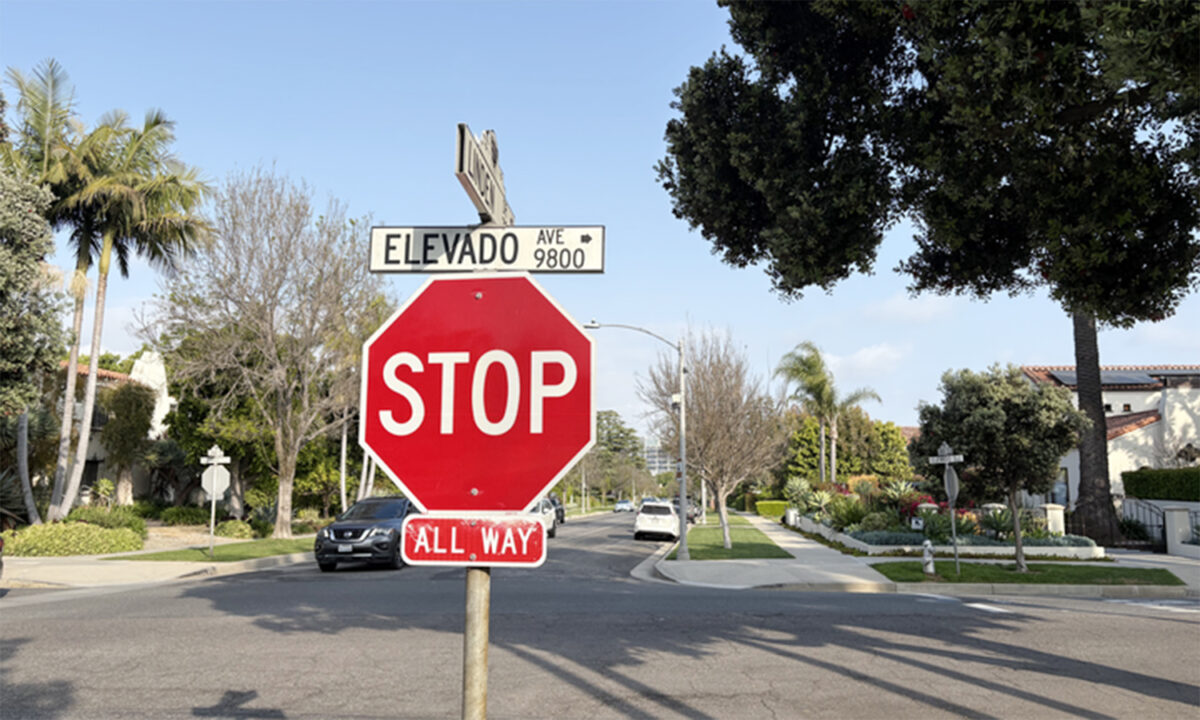While televisions across the City were tuned in to the Dodgers’ World Series win in game one against the Tampa Bay Rays on Oct. 21, Beverly Hills City staff were busy talking trash. More specifically, they discussed an upcoming rate increase for the disposal of solid waste. Although few people attended either this Town Hall or another held on Oct. 1, staff provided information on the rate hike and addressed questions they had received elsewhere.
Beverly Hills has not seen any changes to its solid waste disposal rates since 2011. As Director of Public Works Shana Epstein explained, much has happened since then. “Regulations have been changing and evolving [and] the recycling markets have changed significantly,” Epstein said in the Town Hall.
In March 2018, China dropped a bombshell on the world when it announced it would no longer buy most recycling. For decades, China had vacuumed up the world’s recyclables–70 percent, or about 7 million tons a year. The ripples of the new policy stretch all the way to Beverly Hills.
“China used to buy a lot of our goods,” Epstein said. “We could have a robust recycling program that paid for itself in many ways. And now, in the U.S., we have to create markets to use these recycled goods, and to process them here or to find other markets.”
While the City’s General Fund receives money from taxes (such as the sales tax and transient occupancy tax), the City’s solid waste disposal is supported by an enterprise fund. This is a self-sufficient coffer maintained by service charges. For solid waste disposal, the service charges paid by residents and businesses goes toward refuse and recycling collection, yard waste and organic waste collection, and for material sorting and processing.
Because of the pandemic, the City Council opted to postpone the rate change from January 1, 2021, to July 1, 2021. The degree of increase depends on the kind of service.
The rates go toward more than just moving the garbage from point A to point B. They also pay for community events, like the household hazardous waste roundup, which took place on Sept. 26 and drew over 700 participants–”our highest ever,” Epstein noted. The charge also goes toward repairing roads damaged by heavy garbage trucks.
Beverly Hills has taken steps to limit its contribution to landfills in recent years. “We’ve had a green waste program for over a decade we’re proud of that,” said Epstein. “What we have found in this community is we really avoid putting unnecessary refuse into the landfill by going to a material recovery facility that actually sorts through our trash. You can put your recyclables and your refuse into a black or blue bin, and it will all be sorted out.”
“The state requires 50 percent diversion,” she explained. “We’ve had 60 percent diversion for a number of years, sometimes higher.”
In the Town Halls, Epstein presented two different options for rate changes over the next four years. The “proposed” option is slightly more costly, but it preserves a budget reserve of 50 percent of operating costs. Under the proposed plan, an 11,000 sq. ft. single-family home currently paying $114.40 bimonthly would pay $125.62 starting on July 1, 2021. That same home would pay $124.08 under the alternative plan.
Rate changes vary on multiple factors and residents and businesses can see what their own bill would look like under the proposed raise. The City currently has a “Bill Impact Calculator” available online at beverlyhills.org/solidwasterates.
The City can use the reserves in times of emergency. “If we have major failure with our vehicles, they’re very expensive,” said Epstein. She also cited emergencies, like fires or earthquakes, that lead to significant debris. “There’s a lot of debris removal…We have to quickly mobilize contracts, mobilize additional vehicles, find property. All that is what we would use reserves for, to keep moving and keeping the City clean.”
Epstein pointed out that the City pays less for its services than other jurisdictions in Los Angeles, with Burbank and Santa Monica residents both paying more.
The City Council will consider the Proposed Rate Adjustments at its Regular Meeting scheduled for Oct. 27 at 7 p.m.







